About Cornerstone of Southern California
Cornerstone of Southern California is based in Orange, California, and offers drug rehab services to adults, young adults and individuals with concurrent mental health issues. Most major insurance providers are accepted, along with TRICARE, IHS/Tribal/Urban (ITU) funds and self-pay.
24 Hour Care for Detox and Recovery
This facility can see you through all stages of the addiction recovery process, beginning with medical withdrawal management and detox. As a notoriously uncomfortable stage of recovery, this phase of treatment includes an on-hand team to ensure you’re supported and comfortable.
Round the clock care is also available in homely residential treatment settings, for both short and long-term support. Accommodations typically consist of up to six residents per house.
Sober Living and Aftercare Support
Sober living is also an option through the facility’s monitored homes, helping you gradually transition back to independent living. While at the sober living home or from your own home, you can also access outpatient support such as an intensive outpatient program (IOP), partial hospitalization program (PHP) and standard outpatient support.
Aftercare services are also available, consisting of mentoring and self-help groups to encourage a sustainable and long-term recovery.
Holistic Drug Rehab in Orange, CA
This center is ideally placed near Gold’s Gym, where you can access exercise equipment, group fitness classes and a swimming pool. This perfectly complements the facility’s holistic approach to addiction recovery, since alongside traditional treatment methods like therapy, it offers other eclectic activities. Programming incorporates practices like tai chi, yoga, meditation, fitness classes and even aromatherapy into clients’ treatment plans.
Latest Reviews
Rehab Score
Gallery
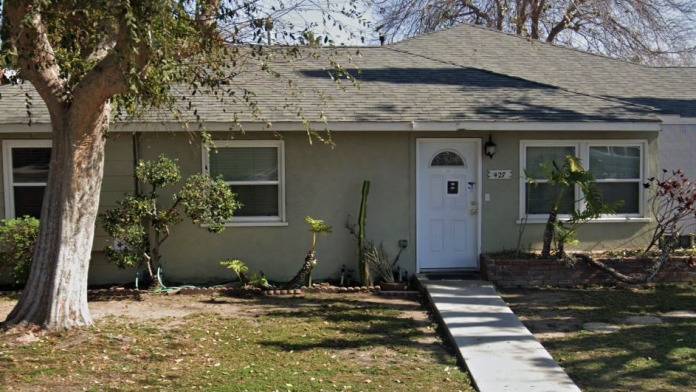
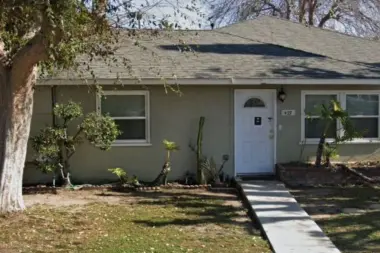
Accepted Insurance



Other Forms of Payment
Self-pay involves paying for treatment out of your own pocket. You can use savings or credit, get a personal loan, or receive help from family and friends to fund your treatment. If you don't have insurance or your insurance plan doesn't cover a specific program, self-pay can help ensure you still get the care you need.
Private insurance refers to any kind of healthcare coverage that isn't from the state or federal government. This includes individual and family plans offered by an employer or purchased from the Insurance Marketplace. Every plan will have different requirements and out of pocket costs so be sure to get the full details before you start treatment.
Military members, veterans, and eligible dependents have access to specific insurance programs that help them get the care they need. TRICARE and VA insurance can help you access low cost or no cost addiction and mental health treatment. Programs that accept military insurance often have targeted treatment focused on the unique challenges military members, veterans, and their families face.
Addiction Treatments
Levels of Care
Residential treatment programs are those that offer housing and meals in addition to substance abuse treatment. Rehab facilities that offer residential treatment allow patients to focus solely on recovery, in an environment totally separate from their lives. Some rehab centers specialize in short-term residential treatment (a few days to a week or two), while others solely provide treatment on a long-term basis (several weeks to months). Some offer both, and tailor treatment to the patient's individual requirements.
Completing a drug or alcohol rehab program shouldn't spell the end of substance abuse treatment. Aftercare involves making a sustainable plan for recovery, including ongoing support. This can include sober living arrangements like halfway houses, career counseling, and setting a patient up with community programs like Alcoholics Anonymous (AA) or Narcotics Anonymous (NA).
Sober Living Houses (SLHs), aka sober homes or halfway houses, are safe, substance-free, supportive living facilities for those recovering from substance abuse. Ideal for those who've just been through inpatient or outpatient treatment, SLHs are supervised environments with rules that support sobriety, such as curfews, shared chores, and therapeutic meetings. Residents are also often trained on life skills and coping skills to make it easier to transition into society. SLHs also provide a strong sense of community that can lead to the kind of deep and lasting connections with other sober individuals that supports a new, healthy lifestyle.
Treatments
The goal of treatment for alcoholism is abstinence. Those with poor social support, poor motivation, or psychiatric disorders tend to relapse within a few years of treatment. For these people, success is measured by longer periods of abstinence, reduced use of alcohol, better health, and improved social functioning. Recovery and Maintenance are usually based on 12 step programs and AA meetings.
Drug rehab in California teaches participants constructive ways to stay clean and sober. Treatment revolves around helping individuals stop using the substance they are addicted to and learn healthy habits to avoid relapse.
Many of those suffering from addiction also suffer from mental or emotional illnesses like schizophrenia, bipolar disorder, depression, or anxiety disorders. Rehab and other substance abuse facilities treating those with a dual diagnosis or co-occurring disorder administer psychiatric treatment to address the person's mental health issue in addition to drug and alcohol rehabilitation.
A combined mental health and substance abuse rehab has the staff and resources available to handle individuals with both mental health and substance abuse issues. It can be challenging to determine where a specific symptom stems from (a mental health issue or an issue related to substance abuse), so mental health and substance abuse professionals are helpful in detangling symptoms and keeping treatment on track.
Opioid rehabs specialize in supporting those recovering from opioid addiction. They treat those suffering from addiction to illegal opioids like heroin, as well as prescription drugs like oxycodone. These centers typically combine both physical as well as mental and emotional support to help stop addiction. Physical support often includes medical detox and subsequent medical support (including medication), and mental support includes in-depth therapy to address the underlying causes of addiction.
Programs
Adult rehab programs include therapies tailored to each client's specific needs, goals, and recovery progress. They are tailored to the specific challenges adult clients may face, including family and work pressures and commitments. From inpatient and residential treatment to various levels of outpatient services, there are many options available. Some facilities also help adults work through co-occurring conditions, like anxiety, that can accompany addiction.
Young adulthood can be an exciting, yet difficult, time of transition. Individuals in their late teens to mid-20s face unique stressors related to school, jobs, families, and social circles, which can lead to a rise in substance use. Rehab centers with dedicated young adult programs will include activities and amenities that cater to this age group, with an emphasis on specialized counseling, peer socialization, and ongoing aftercare.
Clinical Services
Group therapy is any therapeutic work that happens in a group (not one-on-one). There are a number of different group therapy modalities, including support groups, experiential therapy, psycho-education, and more. Group therapy involves treatment as well as processing interaction between group members.
Amenities
-
Residential Setting
Staff & Accreditations
Staff
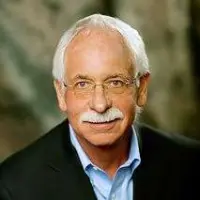
Phil Kosanovich, MBA
President & Chief Executive Officer
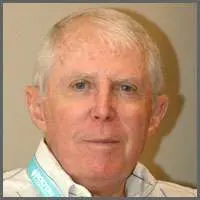
Michael Stone, MD, FAAFP, ABAM, FASAM
Founder and Chief Medical Officer
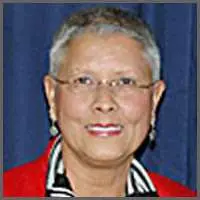
Jessica Stone
Co-Founder and Executive Assistant
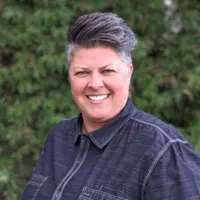
Samantha Stone, BA
Executive Vice President
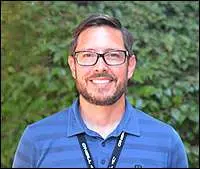
Timothy Stone, BA
Executive Vice President
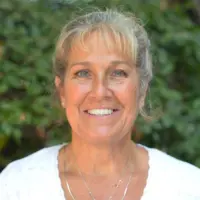
Tammy Campbell, CADC-CAS
Executive Director

Dr. Stephanie Herring
Senior Advisor of Alternative Sentencing
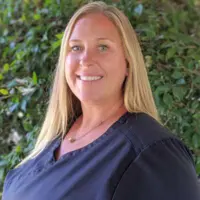
Danielle Graniello, LVN
Director of Nursing & Medical Services
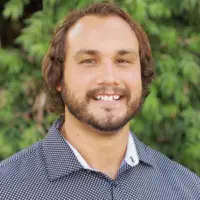
David Schornack, MA, LMFT
Clinical Director

Alicia Lovric
Business Office Director
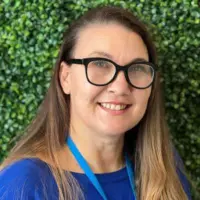
Lauren Agajanian, MBA, CPRM
Director, Alumni Services
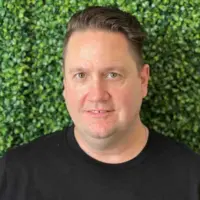
David Bravo
Facility Team Lead
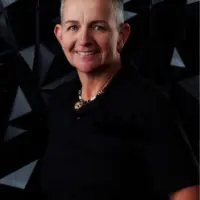
Tina Rosado-Cantrell, PHR
Director of Human Resources
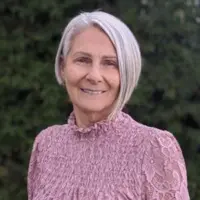
Diane Shaw, CADC II
Case Manager
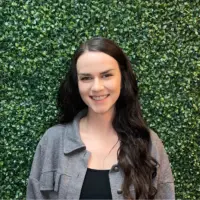
Shannon Hill
Admissions Department Office Manager
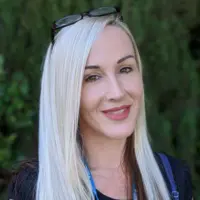
Stacy Elliott Johnson, BSHS
Admissions Counselor
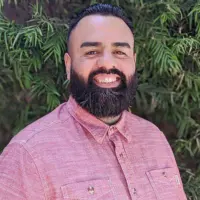
Roberto Palacios
Admissions Coordinator
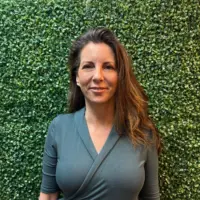
Tiffany Delahunt
Business Development Representative

Alicia Lovric
Business Office Director
Accreditations

The Joint Commission, formerly known as JCAHO, is a nonprofit organization that accredits rehab organizations and programs. Founded in 1951, the Joint Commision's mission is to improve the quality of patient care and demonstrating the quality of patient care.
Joint Commission Accreditation: Yes
Contact Information
427 S. Yorba Street
Orange, CA 92869











